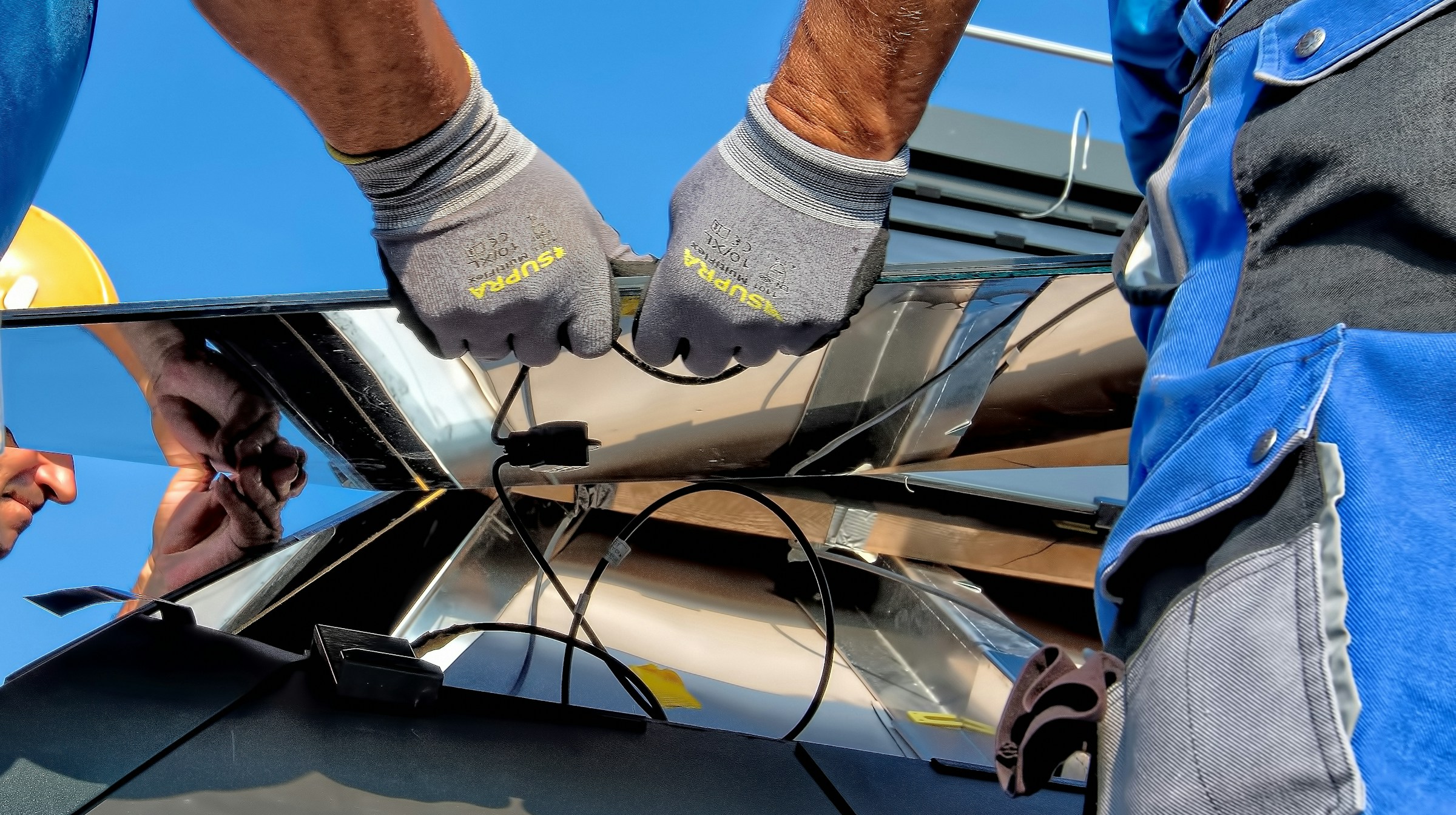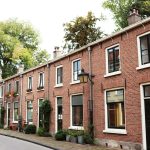In an era where sustainability is not just a buzzword but a necessity, building energy-efficient offices has become a significant consideration for businesses in Cardiff. However, energy efficiency is a multi-faceted concept that involves a variety of factors. From the design and construction of the building to the technologies used within, each aspect plays a critical role in determining the office’s overall energy efficiency. This article aims to guide you through the pertinent considerations involved in building energy-efficient offices in Cardiff.
Understanding the Importance of Building Location
Choosing the right location for your office is a fundamental step towards achieving energy efficiency. The location of a building can impact its exposure to natural light and wind, which in turn influences the building’s heating, ventilation, and air conditioning (HVAC) requirements.
A lire également : What Are the Benefits of Using AI in Real Estate Predictive Analytics for Investment Decisions in London?
Cardiff, with its temperate maritime climate, presents unique challenges and opportunities for architects and designers. Opportunities include utilising natural sun and wind patterns to reduce the need for artificial heating and cooling. Challenges include designing buildings capable of withstanding the city’s often unpredictable weather conditions. By selecting a site that maximises the use of natural resources, you can significantly reduce your office’s energy consumption.
Incorporating Sustainable Building Materials
The use of sustainable building materials is another vital consideration for building energy-efficient offices. Such materials not only reduce the environmental impact of construction but also enhance the building’s insulation properties, reducing the need for artificial heating and cooling.
A lire aussi : How to Conduct a Profitable Property Flip in the UK’s Volatile Market?
Selecting materials with lower embodied energy, such as recycled steel or bio-based materials, can significantly reduce a building’s carbon footprint. In Cardiff, the use of locally sourced materials can also cut down on transport emissions. But, it’s not just about the materials used in construction. The processes involved in manufacturing these materials also play a role in a building’s overall sustainability.
Designing for Energy Efficiency
Design plays a crucial role in a building’s energy efficiency. From the layout of the office to the orientation of the building, each design decision can have a significant impact on energy consumption. For instance, open-plan layouts can facilitate natural ventilation, reducing the need for air conditioning. Similarly, orienting a building to maximise solar gain can decrease the requirement for artificial lighting.
In Cardiff, architects should also consider the city’s specific climatic conditions when designing for energy efficiency. For example, incorporating features such as overhangs or shading devices can help manage solar gain during the summer months, while high-performance windows can improve insulation during the colder part of the year.
Integrating Smart Technologies
In the age of digitisation, smart technologies offer a wealth of opportunities for enhancing office energy efficiency. From smart lighting systems that adjust to natural light levels, to intelligent HVAC systems that optimise energy use based on occupancy patterns, technology can play a pivotal role in reducing an office building’s energy consumption.
In Cardiff, businesses can tap into the city’s burgeoning tech scene to access the latest in energy-saving technologies. Additionally, the Welsh government’s commitment to digital innovation means that businesses can benefit from numerous incentives and support schemes when integrating smart technologies into their office spaces.
Emphasising Behavioural Changes
Even with the most state-of-the-art technologies and sustainable materials, the quest for energy efficiency ultimately hinges on the behaviour of the building’s occupants. Encouraging energy-saving behaviours, such as switching off lights when leaving a room or using natural light whenever possible, can have a significant impact on a building’s overall energy consumption.
In Cardiff, businesses can tap into local initiatives aimed at promoting sustainability, from workshops and training programmes to awareness campaigns. By fostering a culture of sustainability within the office, businesses can both reduce their carbon footprint and enhance their reputation as responsible corporate citizens.
In sum, building energy-efficient offices in Cardiff involves a combination of strategic location selection, sustainable material use, thoughtful design, smart technology integration, and promoting behavioural changes. By considering these aspects, businesses can not only minimise their environmental impact but also create healthier, more productive workspaces.
Maximising the Use of Renewable Energy Sources
Harnessing the power of renewable energy sources is another key consideration for achieving energy efficiency in office buildings. By incorporating renewable energy systems such as solar panels or wind turbines into the design of the building, businesses can significantly reduce their reliance on non-renewable energy sources.
In Cardiff, there is a strong potential for utilising renewable energy sources given its coastal location and the prevailing wind direction. For instance, solar panels can be installed on office rooftops to harness the sun’s energy and generate electricity for the building. Similarly, wind turbines can be positioned strategically to exploit the city’s wind patterns.
Moreover, the use of renewable energy sources not only reduces a building’s carbon footprint, but can also result in substantial cost savings over the long run. Although there may be initial upfront costs associated with the installation of solar panels or wind turbines, the long-term reduction in energy bills can offset these costs and even provide a return on investment.
Implementing Regular Energy Audits
Regular energy audits are crucial for maintaining and improving the energy efficiency of an office building. An energy audit involves a comprehensive assessment of the building’s energy use, identifying areas of inefficiency and suggesting remedial actions. Regular audits can help to ensure that the building’s energy performance remains at its optimal level.
In Cardiff, businesses can engage local energy audit services to perform regular checks. These audits can provide valuable insights into the building’s energy performance, allowing for necessary adjustments to be made. Regular audits can also help to keep the building in line with local energy regulations and standards.
Energy audits are not simply a one-off exercise, but rather a continuous process that ensures the building’s energy efficiency is maintained over time. By implementing regular audits, businesses can stay abreast of advancements in energy efficiency practices and technologies, and make necessary updates to their buildings.
Conclusion
Building energy-efficient offices in Cardiff involves a holistic approach that considers every aspect of the building, from its design and construction to its operation and maintenance. Key considerations include the selection of a strategic location, the use of sustainable materials, energy-efficient design, the integration of smart technologies, promotion of behavioural changes, maximising the use of renewable energy, and implementing regular energy audits.
By taking into account these factors, businesses in Cardiff can not only reduce their environmental impact, but also create healthier, more productive work environments. Furthermore, energy-efficient buildings can result in substantial cost savings over time, providing a compelling financial incentive for businesses to pursue sustainable practices.
As the world moves towards a more sustainable future, the demand for energy-efficient offices will only continue to grow. By taking the lead in this area, businesses in Cardiff can position themselves at the forefront of this global trend, demonstrating their commitment to sustainability and responsible corporate citizenship.






